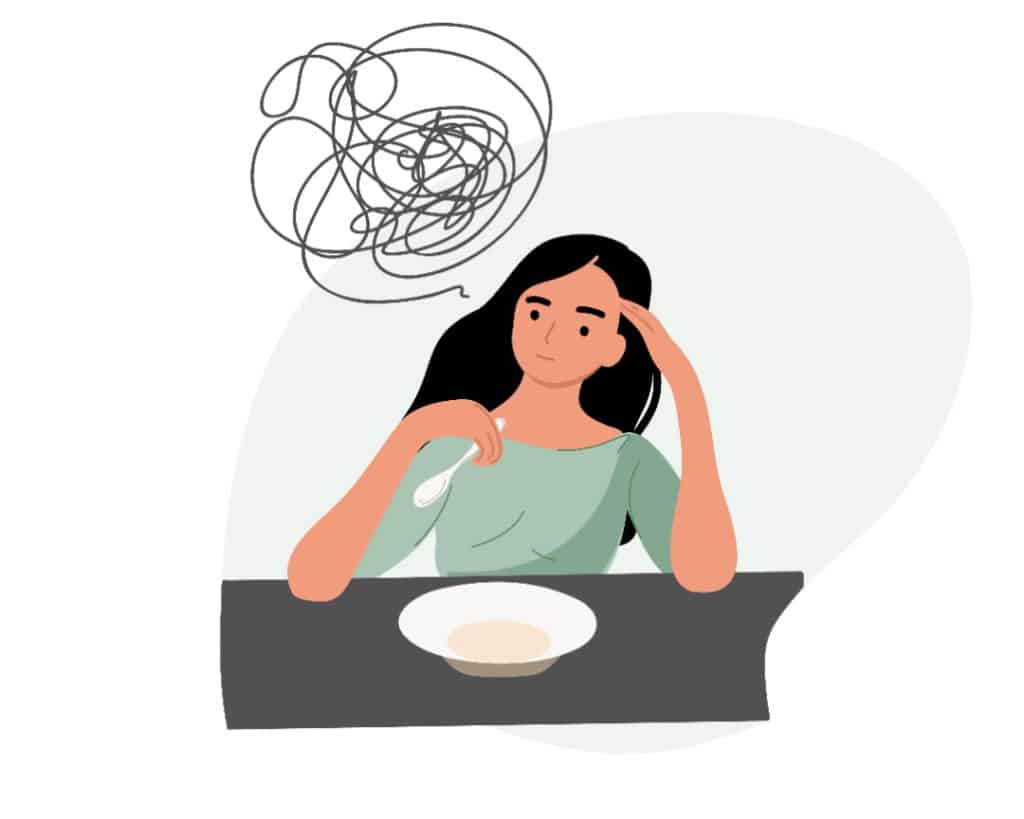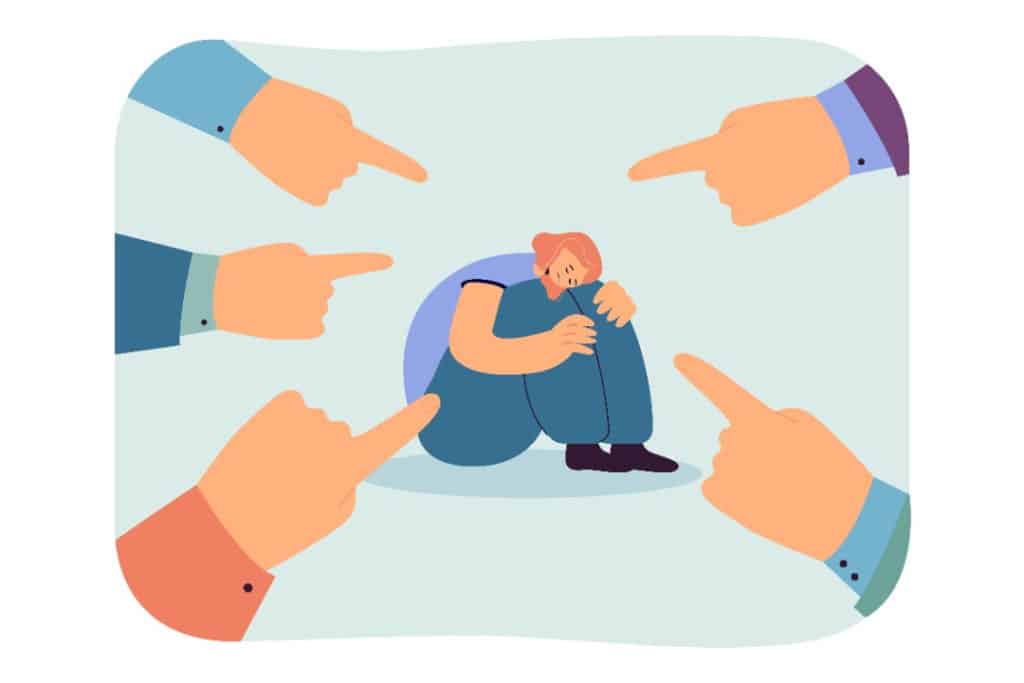Eating Disorders and Identity: Cultural Influences on Teenage Girls
Our culture is part of the core of our identity. The world around us influences everything from our style to our beliefs. Eating disorders and identity are closely interrelated. Recovery from an eating disorder requires one to understand how their beliefs impact their relationship with food and body image. Introduction to the Impact of Cultural […]
Eating Disorders and Identity: Cultural Influences on Teenage Girls Read More »










